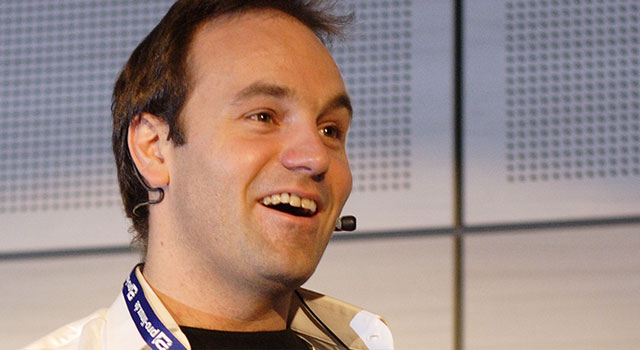
The constitutional court on Tuesday reserved judgment in the South African Reserve Bank’s application for leave to appeal a supreme court of appeal judgment in favour of billionaire technology entrepreneur Mark Shuttleworth.
The court also heard an application to cross-appeal the appeals court judgment by Shuttleworth. This related to the lawfulness of certain aspects of South Africa’s exchange control system.
Gideon Marcus SC, for Shuttleworth, told the court while their chief concern was the matter of the R250,5m repayment owed to Shuttleworth, they also approached the court in the public interest regarding the Currency and Exchanges Act.
“He comes to court and says this is a regime that has constitutionally offensive features,” Marcus said.
The Reserve Bank is arguing that it should not repay Shuttleworth the R250,5m exit levy it charged him when he transferred his assets out of South Africa to the Isle of Man in 2009. The levy was 10% of the value of the assets he wanted to export.
He paid the levy under protest and took the matter to court. He lost in the high court in Pretoria. However, the supreme court of appeal ruled last year that the bank should not have imposed the levy and ordered it to repay Shuttleworth.
The appeals court found the exit levy amounted to a tax, which required a law passed by parliament and which, in that case, was absent.
Deputy chief justice Dikgang Moseneke asked Marcus: “Is it not his stance that were he to succeed on the money question, he would not move ahead with the cross-appeal?”
Marcus responded: “We make no secret that our chief concern was the individual claim.”
However, this did not detract from public interest in the matter, since at every stage of court proceedings promises had been made by the state that the act would be amended. Yet there were no signs of this.
“It is a huge issue to bring a matter to the constitutional court and there are few people who have the ability to do so,” Marcus said.
Moseneke suggested that people in Shuttleworth’s class “will come here quite readily”.
Earlier, Marcus argued the act gave the president too much power, having been passed prior to the advent of the constitution. Section 9.1 of the act conferred powers on the president so broad it was “offensive to the rule of law”.
Jeremy Gauntlett SC, for the Reserve Bank, argued that the decision whether to reverse Shuttleworth’s exit charge rested with the finance minister, not the Bank.
“We can’t get anywhere unless we establish whose decision it is and how it was taken,” Gauntlett told the court.
Gauntlett pointed to the exchange controls announced in finance minister Pravin Gordhan’s 2003 budget speech, allowing for the transfer of capital on condition that a levy was paid and that a transfer schedule was submitted.
Moseneke asked why it was important to distinguish where the decision was made. Gauntlett stated that while Shuttleworth referred to the Bank’s decision, the minister, in fact, made the decision, as he had to set macroeconomic policy, including exchange controls.
He said Shuttleworth sought repayment from the Bank based on a decision the bank never made, as the minister made the original decision.
Gauntlett told the court that the exchange control charge imposed on Shuttleworth formed part of a regulatory environment, and was not a tax.
“The question is, is it a tax for the purpose of the constitution or is it a charge that forms part of a regulatory environment? Our learned friends [Shuttleworth’s counsel] say the former. We say the latter.”
Were it a tax, it would have required an appropriation from parliament. — Sapa




